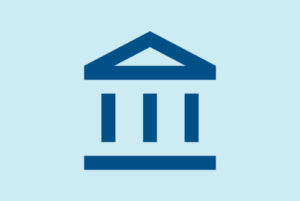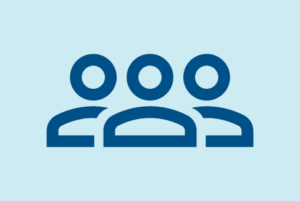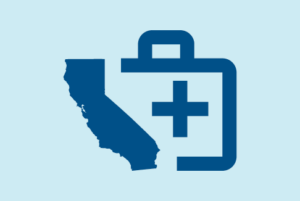California’s 2025 legislative session ends tomorrow, and while much of the recent focus has been at the federal level — working to fend off record health care cuts enacted by the One Big Beautiful Bill Act — at the state level, the past nine months have been dominated by a series of important bills with a California footprint.
Overshadowing every action by state policymakers was a more than $12 billion budget deficit that pressed many legislators into unfamiliar and uncomfortable territory. All in all, for hospitals, there were no grand pieces of legislation — either favorable or unfavorable. Rather, it was a year of incrementalism — important but smaller improvements and deteriorations — and a year of critically important mitigation.
On Saturday, we’ll share a more complete readout of how CHA, on hospitals’ behalf, fared during the legislative session, with the caveat that the final outcome of bills won’t be known until the governor signs or vetoes each of them.
Several key issues still hang in the balance — such as new requirements for on-call nurse staffing and tighter regulations on the use of artificial intelligence — but CHA has had strong success this year in mitigating or defeating bad bills. Some notable bright spots:
- A package of bills that would curb harmful insurance company practices and help patients access the care they need with fewer hassles and red tape. The package would strengthen network adequacy, reduce prior authorization, and improve transparency.
- A bill was halted that would have created a rebuttable presumption that an infectious disease, respiratory disease, cancer, post-traumatic stress disorder, or musculoskeletal injury arose out of work for any hospital direct patient care worker.
- CHA secured critical amendments to a bill that would have otherwise required hospitals to presume, without income verification, that nearly all patients are eligible for financial assistance. The new version, largely in line with current hospital practices, would require that hospitals screen specified patients for financial assistance and determine eligibility once income or financial need is verified.
- CHA advanced meaningful change to a bill that would have required hospitals to provide 24-7 medical chaperone staffing for sensitive ultrasound exams. The new version would allow hospitals to offer a medical chaperone to patients receiving a sensitive ultrasound upon request — similar to many hospitals’ existing procedures. If a chaperone is unavailable, the hospital and patient may work together to identify an alternative.
- CHA helped secure passage of a bill that would make emergency department physicians eligible to be county-designated to place and clear involuntary behavioral health holds for patients.
- And more.
Focus will now turn toward the governor’s office and securing either signatures or vetoes for different bills. We’ll send an updated readout of how the governor acted after the signing deadline on Oct. 12.
As is the case every year, we could not be successful without hospital leaders lending their voices to the cause. It’s your stories, your commitment to communities, and your willingness to be candid with policymakers that makes all the difference.
Thank you for your commitment to patients, to your health care workers, and to making sure hospitals can continue to care for those in need throughout California.


